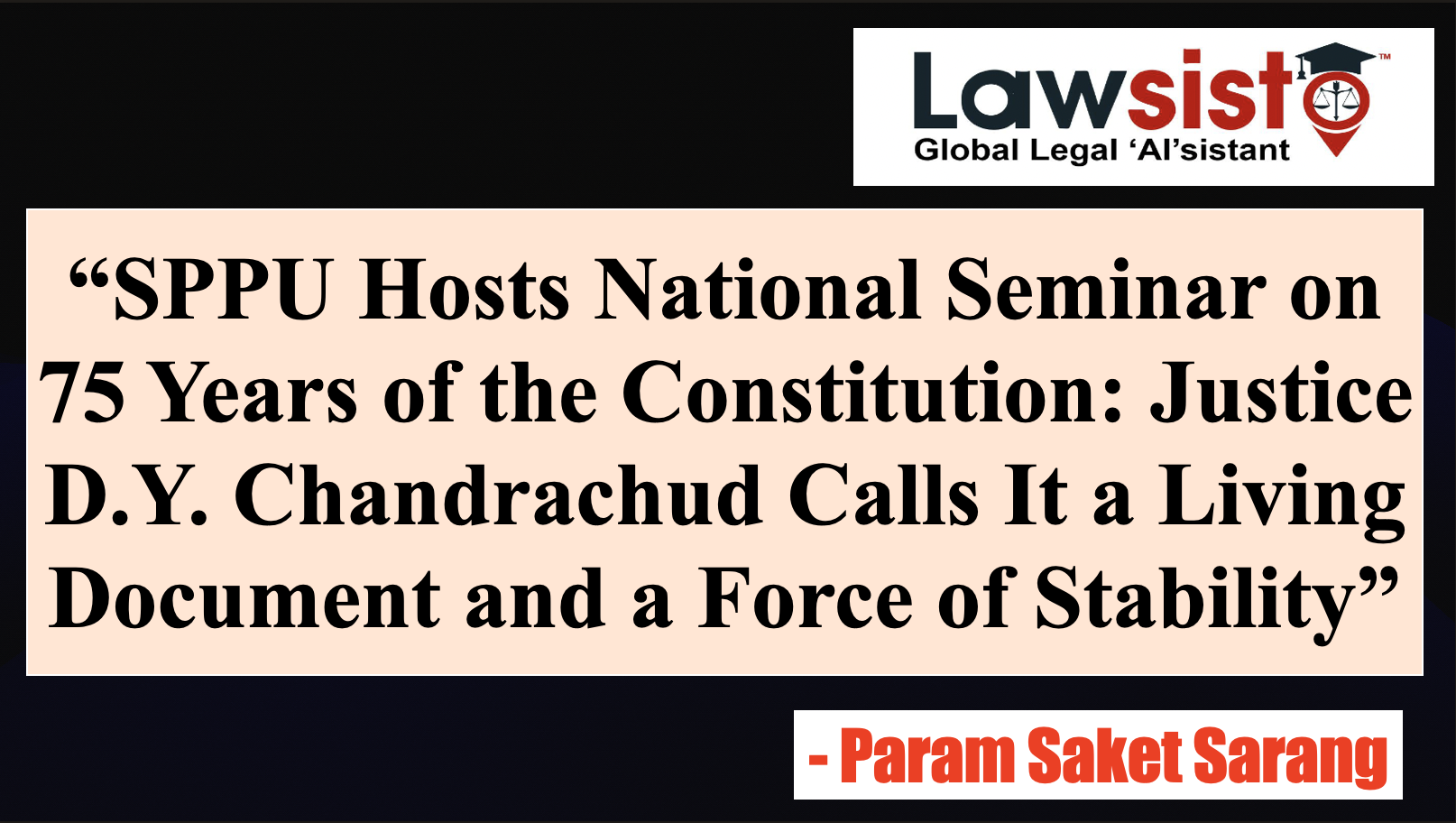Latest Articles
FUNDAMENTAL RIGHT TO PRIVACY DURING THE HEALTH CRISIS OF COVID-19 PANDEMIC

During the COVID-19 pandemic, the government in different parts of the world are using methods that are not kosher & invasive otherwise. In China, Israel and in some parts of India as well, there is the use of mobile applications to track the movements of diseased. Even there has been a relaxation in the EU’s regulations that govern the sharing of location data.
The right to privacy is a fundamental right guaranteed under Article- 21 of the Indian Constitution. It was recognized in Puttuswamy I wherein it was stated that right covers the right to informational self-determination, that is individual is the owner of information related to him & without his/her consent, data mustn’t be communicated. Now, State Governments such as Karnataka disclose personal information such as residential address, phone numbers & travel histories of persons getting infected by coronavirus. So, the question arises whether the action of the government leads to violation of the right to privacy & is it constitutionally justifiable.
Just like the other rights, the right to privacy is also not an absolute right. To restrict it, it must be done a/c to puttuswamy judgment, which says that there must exist a proper legislation to constraint the right. In cases like Modern Dental College & Research Centre v. the State of M.P. wherein the court held that doctrine of partakes four separate lines of analyses: (1) action has to be designated for proper purposes; (2) that the action taken rationally fulfils that purpose only; (3) there is no other option available lesser to that degree which results into more achievement of that purpose comparatively; (4) that there shall be a proper kosher relation between importance of achieving the aim and social importance of limitation on a constitutional right.
Here, neither EDA, 1897 & nor NDMA empowers the government to disclose personal kinds of information. Therefore, disclosures are not kosher. However, there may be an argument that if such publishing is considered appropriate for the purposes of managing the outbreak or catastrophe, as the case may be, the essential residual power that this law provides to the government often includes the right to publish information of this nature within its scope.
For example, the Epidemic Diseases Act gives state governments the authority to administer temporary regulations. However, even though such provisions grant governments the power to reveal private information for a moment, any such disclosure must be proportionate in nature and must comply with the test set out in Modern Dental College. Here, however, there appears to be no specific legislation under either law setting out a general procedure for disclosure of information such as residential addresses, telephone numbers and travel records of those infected with the virus. Maintaining public safety, particularly during a pandemic, is undeniably the State's legitimate aim. Yet there's little on record here to show us how the action is taken — that's the publishing and disclosure of a whole host of private data — is rationally related to the accomplishment of the objective. Surely less invasive interventions are available. Wouldn't it be suicidal to have large locality-level awareness of where infected people may live, rather than publishing their exact residential addresses? Consequently, the disclosures made by the Karnataka government are based on at least three prongs of the Modern Dental examination. In addition, the state government has now launched a web-based smartphone application called "Corona Watch," which shows not only the movements made by people infected with the virus — public places they might have visited and the time they made those visits (information that may be helpful) but also the home addresses of those people. Furthermore, we are unfounded under every law jurisdiction to reveal this personal information and it is also excessively disproportionate to what could be called the state's lawful goals. There's no doubt these are some exceptional days. We are calling for State-specific actions. Chandrachud, J's opinion on plurality in Puttaswamy I clearly recognizes public health as a legitimate ground on which the right to privacy can be imposed under certain types of restrictions. It was he who wrote. 'If the State protects the individual's privacy, it may reasonably claim a compelling state interest in the protection of public health to implement effective policy measures on the basis of the data available to it.' However, although the State would undoubtedly have to intervene with certain parts of private information that it cannot otherwise, in the interests of public safety.
At least some of such illegality could have been avoided if we had adopted a data protection law that enshrined fundamental principles of privacy, as demanded by the Puttaswamy I Supreme Court. In the present case, the government has opened up the possibility of stigmatization through indiscriminately disclosing details regarding individuals who have either been diagnosed with COVID-19 or who have been requested to remain quarantined because of their travel records, which, in a country like ours, may contribute to numerous other types of discrimination.
Therefore, the revelations made not only impinge on the right to privacy but also infringe a host of other protections, including these individuals 'basic human dignity. We may well see the severity of the pandemic as justification for a human rights restriction. Yet allowing it to enter our conscience as legal action by the state can have serious implications that go way beyond the immediate dangers, we face today.
___________
EDA- Epidemic Diseases Act.
NDMA- National Disaster Management Authority.
















































































































































































































































































































































































































































